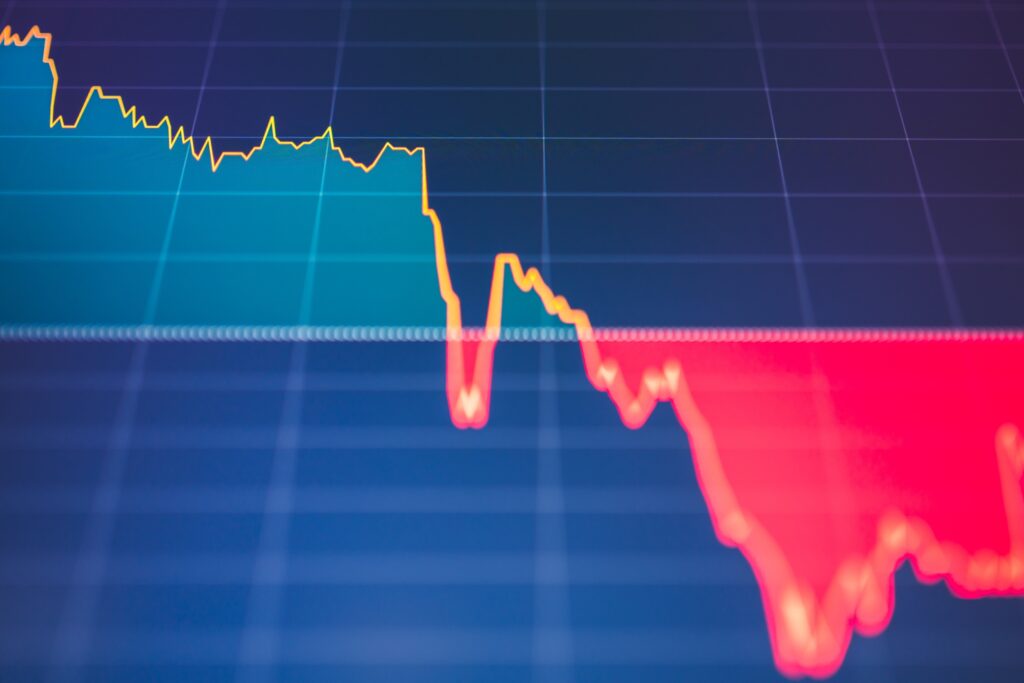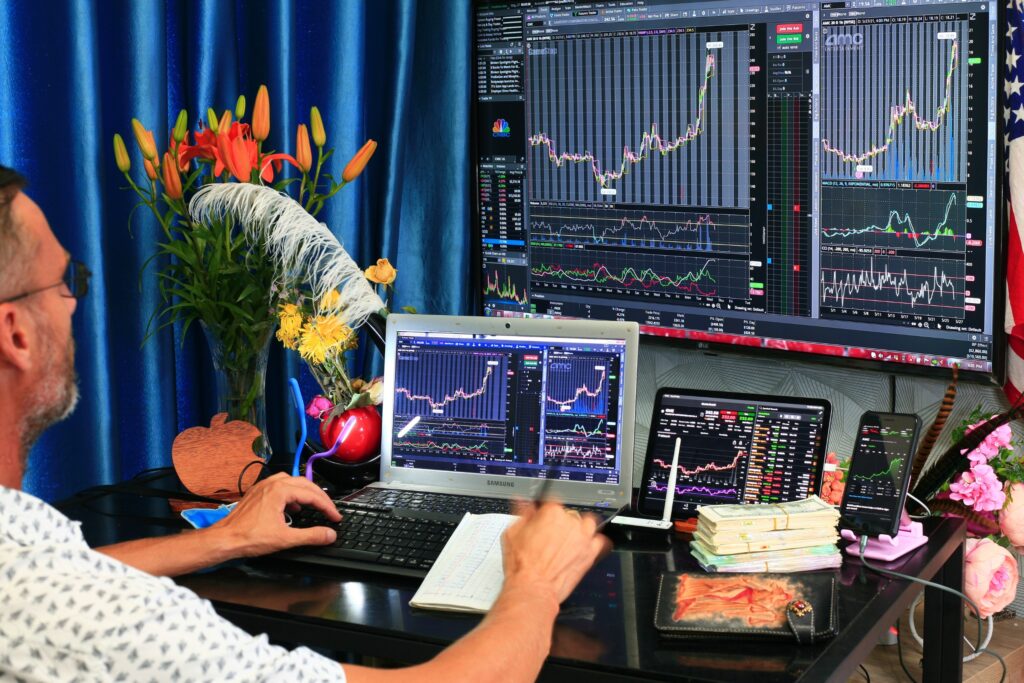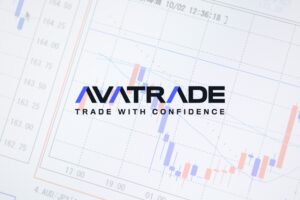Leverage Without Risk? How Prop Firms Revolutionize Capital Access

In the investing world, the word “leverage” often sparks both excitement and anxiety. For many, it conjures images of risky trades, margin calls, and financial wipeouts. But what if you could access leverage—real, substantial capital—without putting your own money on the line? That’s exactly what prop firms are making possible. They’re rewriting the rules of trading by offering performance-based funding to traders without asking them to risk their personal savings. For the first time, individuals can access institutional-level buying power with minimal financial exposure. This isn’t fantasy—it’s finance, evolved. Prop firms offer a new gateway for traders to scale faster, learn smarter, and earn more, all within a risk-managed environment. The result is an entirely new relationship between investor and capital. It’s not about betting big—it’s about proving your worth and being trusted with capital accordingly. In a financial world thirsty for fairness, this shift could not have come at a better time.
The Leverage Problem: Why Traditional Models Put You at Risk
Traditional leverage has always been a double-edged sword. On one hand, it amplifies profits. On the other, it magnifies losses—often to catastrophic levels. Margin accounts from brokers come with stringent interest rates, margin calls, and sometimes limited flexibility in how the capital can be used. The entire structure assumes you’re borrowing their money while risking your own, creating a pressure-cooker environment where one wrong move can wipe out your portfolio.
This model has discouraged countless aspiring traders from scaling their efforts. The fear of ruin becomes greater than the possibility of growth. And for those without deep pockets, the option to use leverage safely simply hasn’t existed. Until now. Prop firms have introduced a funding model that flips the risk dynamic on its head. Traders who prove themselves in controlled simulations can access large sums of trading capital—without putting their own finances at risk. It’s not about borrowing. It’s about earning your seat at the table. That distinction changes everything.
How Prop Firms Provide Real Capital Without Real Liability
So how exactly do prop firms allow traders to access serious capital without taking on personal liability? The answer lies in their funding structure. Rather than lending money, they allocate firm-owned capital to qualified traders. This isn’t debt—it’s partnership. The trader brings skill and discipline, the firm brings money and infrastructure. Together, they split the profits. If the trader hits predefined loss limits, the account is paused or reset. But there’s no loan, no interest, and no personal loss involved.
This arrangement is revolutionary because it separates access from ownership. A trader no longer needs to save tens of thousands or mortgage their future just to operate at a competitive level. The prop firm assumes the financial risk because it’s betting on the trader’s ability to follow rules and manage trades responsibly. And for the trader, that changes the emotional calculus of every move. The focus isn’t on survival. It’s on performance. And that’s the exact mindset that builds long-term success.
Performance Over Capital: The New Currency of Trust
In the traditional financial world, capital was king. The more money you had, the more opportunities you could access. But in the realm of prop firms, that hierarchy is dissolving. Now, performance is the currency that unlocks capital. It’s no longer about who walks into the room with the biggest bankroll—it’s about who walks in with the sharpest edge.
This merit-based shift is crucial for leveling the playing field. It means that a talented trader from a small town, with no college degree and no trust fund, can manage a six-figure account if they’ve earned it. Prop firms don’t care where you came from. They care how you trade. This changes the narrative around investing. It’s not about privilege. It’s about proof. And that shift from capital-based access to performance-based access is turning financial gatekeeping on its head, opening doors for a new class of self-made traders who are judged by what they can do—not what they own.
The Psychological Advantage of Trading Without Personal Risk
One of the most underrated benefits of prop firm trading is the psychological transformation it creates. When traders no longer have their own money on the line, they begin to approach markets differently. Panic is replaced with patience. Fear is replaced with focus. Instead of protecting their capital, they’re protecting their strategy—and that shift improves outcomes more than most people realize.
This doesn’t mean prop trading is emotionless. Far from it. But without the crushing fear of losing personal savings, traders can stick to their plans, follow rules, and learn from losses without going broke. That’s a luxury most retail traders don’t get. And it’s why many who switch to prop firms see immediate improvements in their performance. The reduced emotional weight allows them to think clearly, adapt quickly, and build confidence with every trade. In the long run, that mindset leads to something even more valuable than capital: consistency.
Smart Scaling: How Prop Firms Reward Sustainable Growth
Scaling a trading operation is tricky. In a traditional setup, scaling often means adding more money to your own account—thus taking on more personal risk. But with prop firms, scaling is performance-based. The better you do, the more capital you’re allocated. This creates a feedback loop where consistent results lead to bigger opportunities, without requiring additional investment on the trader’s part.
This system rewards growth the right way. You’re not rewarded for gambling or taking reckless risks. You’re rewarded for staying disciplined and making smart, repeatable moves. Over time, this scaling can take a trader from a modest account to managing hundreds of thousands in firm capital. That growth happens not because they invested more money, but because they invested more mastery. And that’s the kind of leverage that creates not just income—but impact. Prop firms turn performance into power, and that changes what’s possible for traders across every level of experience.
Capital Access as a Human Right? The Bigger Picture
While it may sound dramatic, there’s an argument to be made that capital access—especially for skilled individuals—should be seen as a kind of economic right. In the same way that education and connectivity are essential in today’s world, so too is the ability to turn your knowledge and effort into real income. Prop firms are quietly building the infrastructure for that future. They’re turning trading from a rich man’s game into a global meritocracy.
This isn’t just a win for traders. It’s a win for the economy at large. By enabling smart individuals from any background to participate meaningfully in the markets, prop firms are broadening the base of financial contribution and innovation. They’re injecting fresh perspectives, new strategies, and diverse ideas into an industry that badly needs all three. And in doing so, they’re proving that capital access doesn’t have to come with collateral damage. It can come with collaboration, structure, and trust instead.

Conclusion: Leverage That Liberates, Not Destroys
In a financial world littered with cautionary tales about leverage gone wrong, prop firms have created something rare: a system where leverage is empowering, not endangering. By shifting the risk from trader to institution, and by tying capital access to performance instead of wealth, they’ve given rise to a new kind of investor. One who trades not out of fear, but out of focus. One who grows not through recklessness, but through routine. Prop firms have managed to unlock one of finance’s most powerful tools—leverage—without the traditional pain that comes with it. And in doing so, they’ve given millions of traders a chance to compete, earn, and evolve—without sacrificing everything in the process. This isn’t just a better way to trade. It’s a smarter way to build, to scale, and to succeed in today’s capital-driven world.






